Hearing Loss and the Great Outdoors
Be prepared to tackle your outdoor summer activities safely
Human hearing is remarkable. It can detect frequencies between 20 and 20,000 Hz and is highly adept at distinguishing familiar sounds from unfamiliar ones, alerting you to potential danger, and decoding important information about your environment. These abilities are especially crucial when you’re enjoying the great outdoors. Whether hunting, hiking, camping, or even just birdwatching, being able to hear the snap of a twig or the babbling of a brook isn’t simply pleasant — it could also save your life.
Wildlife Safety
Ask any avid hiker and they’ll tell you that a quiet forest is a reason to be alert. When birds and other small animals fall silent, it’s often because there’s a predator nearby. Depending on what part of the country you’re in, you may need to be on the lookout for bears or mountain lions. Hearing the change in your environment can clue you in to what could be lurking in the bushes nearby. It’s not uncommon to hear an animal before you see it, or to never see it at all. Keen hearing will help keep you one step ahead of dangerous wildlife and ensure nothing unexpected takes you by surprise.
The Hearing Hazards of Hunting
When discussing firearm safety, hearing protection is often a neglected topic. In addition to proper gun use and storage, protecting yourself from the earsplitting noise of a gunshot is very, very important. Depending on the gun, even a single shot can permanently damage your hearing, and not just any type of hearing protection will do. Because hunters rely on their sense of hearing to track prey, it’s important to choose a type of hearing protection that muffles loud sounds while allowing the softer sounds of the forest to reach the ears. Custom earplugs are a great option — ask your hearing care provider about getting fitted for a pair.
Camping With Hearing Aids
If you’re already a hearing aid user, you may be wondering how to safely camp or backpack with your technology. Fortunately, there are many things you can do to protect yourself and your hearing aids. Here are some tips to keep your devices working well in the wilderness:
- Keep them dry
- Make sure to pack your cleaning cloth, dehumidifier, and a hat or headband to wear over your ears if it’s chilly, wet, or windy out. Ziploc bags are a handy way to store these items.
- Keep them cool
- While exposure to cold can take a toll on any electronic device, heat poses a greater risk to your hearing aids. Remember to remove them if you’ll be sitting close to a blazing campfire, shield them from direct sunlight, and don’t forget them in a hot car.
- Get a tune-up
- Before you hit the trails, make an appointment for a thorough clean and check with your hearing care provider. Let them know you’ll be camping and may need some adjustments to account for the difference in environmental noise.
- Bring extra batteries
- Traveling always requires additional preparedness, and that goes double when you’re far from civilization. Have a couple of extra packs of batteries just in case and store them in different places to insure you against loss or damage.
- Use the buddy system
- Any time you venture into a remote area you should let someone know where you’re going and when to expect your return, even if you’re heading out with a companion. Don’t wander off to gather firewood or scout campsites alone, especially in the dark.
Let us help you make the most of your outdoor excursions. Contact us today to schedule a hearing evaluation or clean and check of your hearing aids.







Leave a Reply
Want to join the discussion?Feel free to contribute!